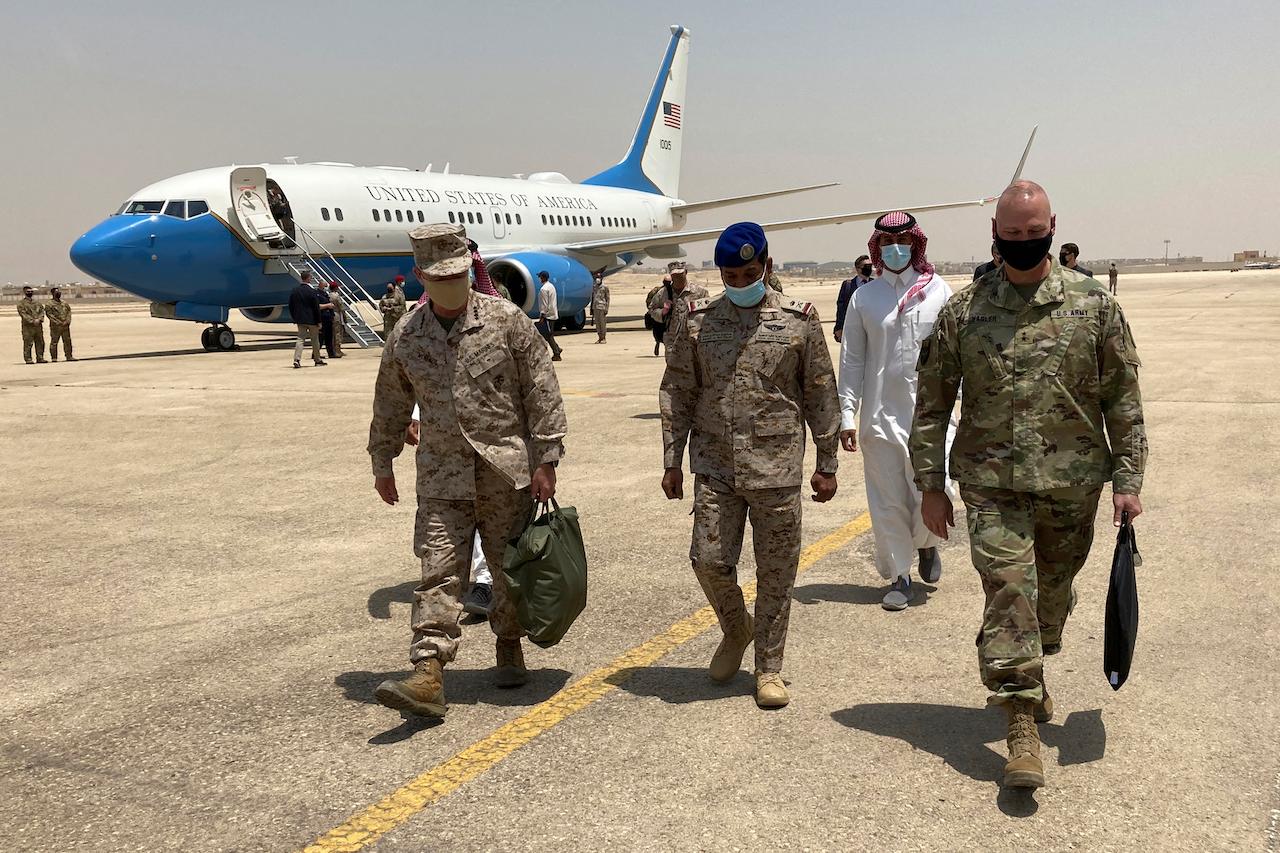As US reduces Mideast troops, China and Russia may step in, says US commander
The Biden administration views China’s rapidly expanding economic influence and military might as America’s primary long-term security challenge.
Just In
As the US scales back its military presence across the Middle East to focus on competition with China and Russia, it risks giving those two countries a chance to fill the gap and expand their influence around the Gulf, the top US commander for the region said on Sunday.
Traveling through Middle East countries over the past week, Marine General Frank McKenzie, who heads US Central Command, was asked many times if the US is still committed to the region.
Local governments worry that America’s pivot to Asia means they will be left without the military aid they need to battle Iranian-backed militant groups.
And if the US is slow to respond, they may look elsewhere for help, says the AP.
“I think that as we adjust our posture in the region, Russia and China will be looking very closely to see if a vacuum opens that they can exploit,” McKenzie told reporters.
“I think they see the US shifting posture to look at other parts of the world and they sense there may be an opportunity there.”
He said weapons sales would be a need that Moscow and Beijing would be keen to exploit. Russia, he said, is always trying to sell air defence systems and other weapons, and China has a long-term goal to expand its economic power and ultimately establish military bases in the region.
President Biden this month dispatched senior officials to the Gulf region to reassure nervous allies as the US looks to reopen talks with Iran on the 2015 nuclear deal, which former president Donald Trump scrapped three years ago.
But the Pentagon is planning to send more assets to the Pacific to deter a rising China. US military commanders around the globe, including McKenzie, may lose troops and resources as a result. Those could include warships such as the aircraft carrier now sitting in the Gulf, providing security for the Afghanistan troop withdrawal.
The Biden administration views China’s rapidly expanding economic influence and military might as America’s primary long-term security challenge. Officials believe the US must be more ready to counter threats to Taiwan and China’s development of military outposts on manmade islands in the South China Sea.
Military commanders caution that China’s growing assertiveness is not limited to Asia, noting that Beijing is also aggressively seeking footholds in Africa, South America, and the Middle East.
On Sunday, McKenzie said Saudi leaders are “very concerned” about ongoing US military changes as it is under almost daily missile bombardment from the Iran-backed Houthi militia.
McKenzie said he told them the number of troops and weapons is not as important as the overall capability of the integrated US and Saudi air and missile defence system.
He emphasised that the strategy of doing more in the region with less military presence may prevent China and Russia from cashing in on any US void.
The troop numbers may not be the same as the hundreds of thousands that were in the region five years ago, he said, but the US will still have a presence in the region.
Subscribe to our newsletter
To be updated with all the latest news and analyses daily.
Most Read
No articles found.
